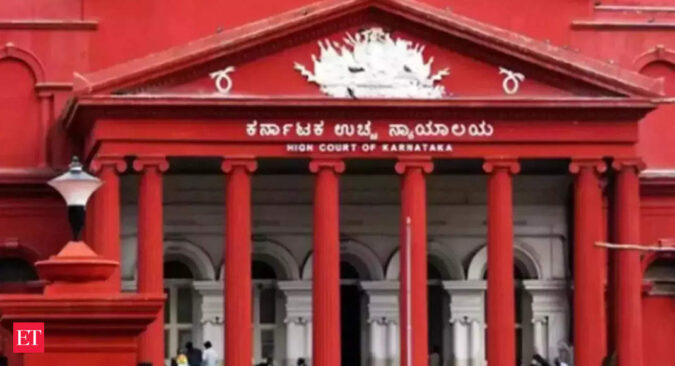The court also directed the government bodies that awarded the contract to bear the differential tax burden that arose after the GST regime kicked in on the grounds that taxes were not part of a contractor’s profit.
A dispute arose when the contractors who had entered Works Contract before July 1, 2017, when the GST regime replaced the VAT regime, were asked to pay additional tax under the applicable GST rates, a huge differential tax burden, not factored in at the time of signing of agreements during the VAT regime.
The contractors paid 4% under composition scheme and those not under the composition scheme paid 5% or 12% of tax as per their case. However, after the GST regime was kicked in, the works contracts came to be treated as “deemed service”, and contractors were asked to pay a GST of 18% from July 1, 2017, to August 21, 2018 and at 12% thereafter.
The contractors challenged the demand from the GST authorities before the court. In a recent judgement, the court, while allowing a batch of writ petitions from contractors, said tax was not part of a contractor’s profit but was a statutory obligation.
“I find considerable force in the submission made by the learned senior counsel for petitioners that the tax component is an independent component which the petitioners do not retain as a profit and is a statutory payment to be made,” Justice SR Krishna Kumar wrote in the judgment.The dispute between contractors and government arose due to the entering of works contract before July 1, 2017, when the GST replaced the VAT regime. There were also situations where work was completed during VAT regime, but payments were made during the GST regime; contracts were entered during VAT regime but executed both during both VAT and GST regimes or bids were invited during the VAT regime but were finalised during the GST regime.The court also directed the GST authorities not to take precipitative action against the petitioners (contractors) for a period of six months from the date of the order.
